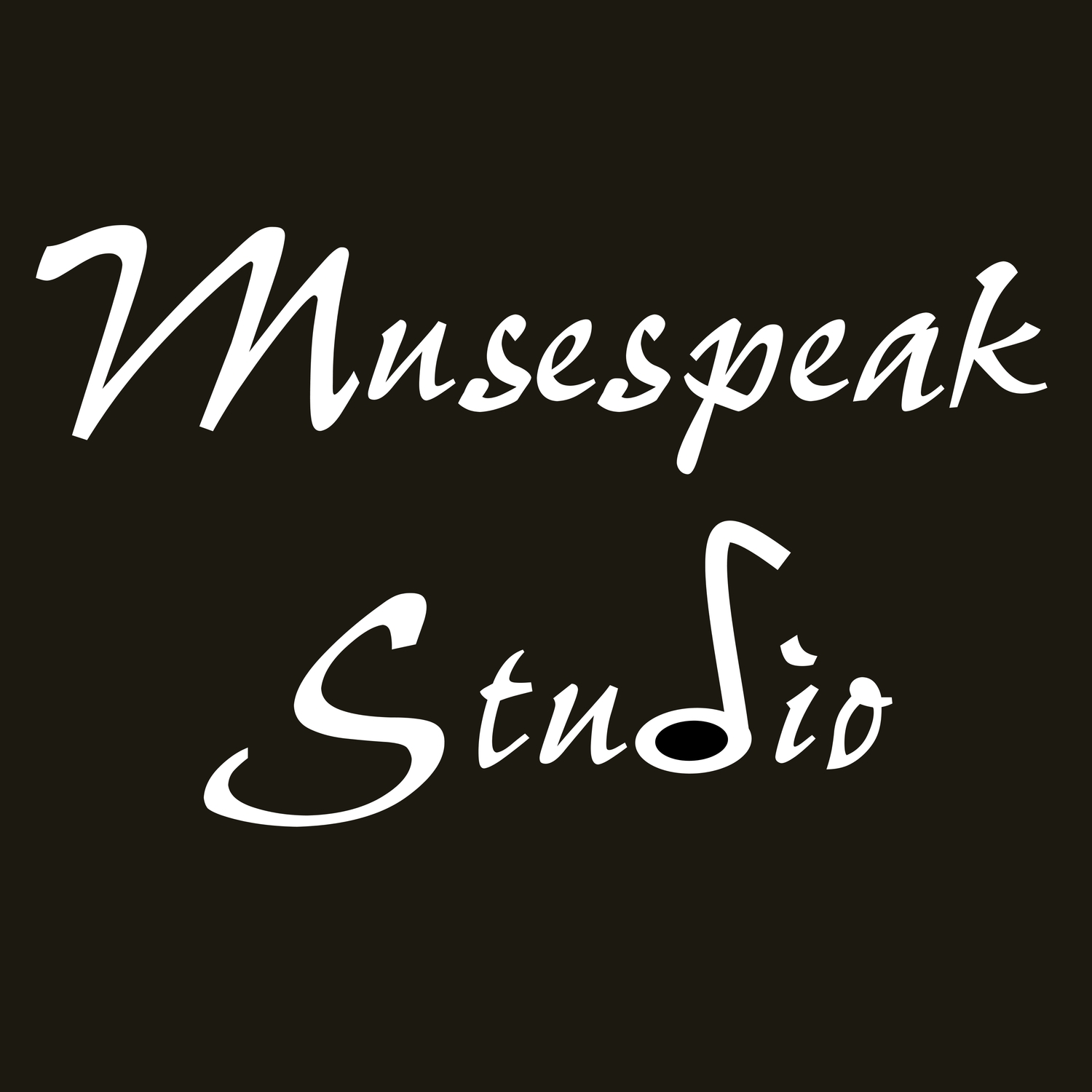This is my third day with my short-corridor progressives firmly closed in their case. It's been heavenly without the nausea. My appetite has returned in full force, I'm back to being my mostly even-keeled self. I've returned to my regular activities. I continue to receive feedback from various sources. Here are some of the comments that I've received from of of my piano students' parents:
In one family, the mother adjusted to the progressives but the father did not adapt. The mother actually has to juggle more than one pair - reading glasses and progressives. It sounds like she's even having challenges with her progressives and needs office progressives. The father, who drives trucks, now wears bifocals and I believe uses single-vision wear for driving.
Another parent, who learned music as a child, said "NO WAY!" when I told her that I was supposed to use my progressives to read and play music. She also juggles two pairs - office progressives and reading glasses.
One of my adult students detests her progressives. Not only can't she read her music but she's having trouble with her other daily activities. She is shopping for a new eye doctor who will work with her to explore other options.
Another parent said that the transition between the vision zones should be "seamless". His entire eye exam was computerized, so his readings were extremely accurate. Wow. I want that eye exam!

There is an addendum to my colleague Gwen Richardson Bartek's office progressives success story, "I am lucky with my optometrist. :) I teach his children piano lessons." That's so convenient! She added, "My "office" progressives work."
What it's boiling down to is that musicians and non-musicians alike aren't asked enough questions at the beginning about their daily vision needs. It's taken several tries for most of them and the ones with progressives still have to juggle another one or two pairs of glasses.>Nor are progressives for everyone.
Hindsight is 20/20. This is what I've learned: If you are told that you need progressives, do not feel pressured (and do not let them pressure you) into ordering them on the spot. Go home and do your research. Come back with questions. Do not place the order for them until:
You actually have the funds to pay for them.
You feel confident that your eye care practitioner understands your daily vision needs.
You are satisfied with the purchase and return policy.
Ask more questions and do your research.
If you feel that your concerns (and those of your esteemed colleagues) are being dismissed, listen to your gut and go get a second opinion (or try that fully computerized test that my students' father had). If you feel that you need to run an elaborate experiment just to make your daily vision needs understood, there's a huge disjunct.
Gwen's story and my optician-pianist colleague's recommendation of office progressives, namely the NIKON Home & Office Lenses, do give musicians a viable option as far as progressives go. Now, some will find that they must still use single-vision wear for their musical (and driving) needs. It depends on their musical instrument(s) and their playing environment. My colleagues - and my experiment affirms this - that standard and short-corridor progressives do not work for reading and playing music (at least for piano, singing, percussion, conducting and teaching). Those NIKONs may very well work for me. Although they may be passable in everyday situations, I do know that I may still need my current single-vision pair for music and driving; and that my older set of glasses can be used as reading glasses. I do recognize that my prescription has changed and that I may not be able to use my current single-vision lenses for everything.
Whether or not I try the Home & Office progressives really depends on if it costs me extra to get them (or to switch to non-adapts if even those do not work) and how my appointment goes. Otherwise, like I said before, I'd rather just get my non-adapts and be done with this.

